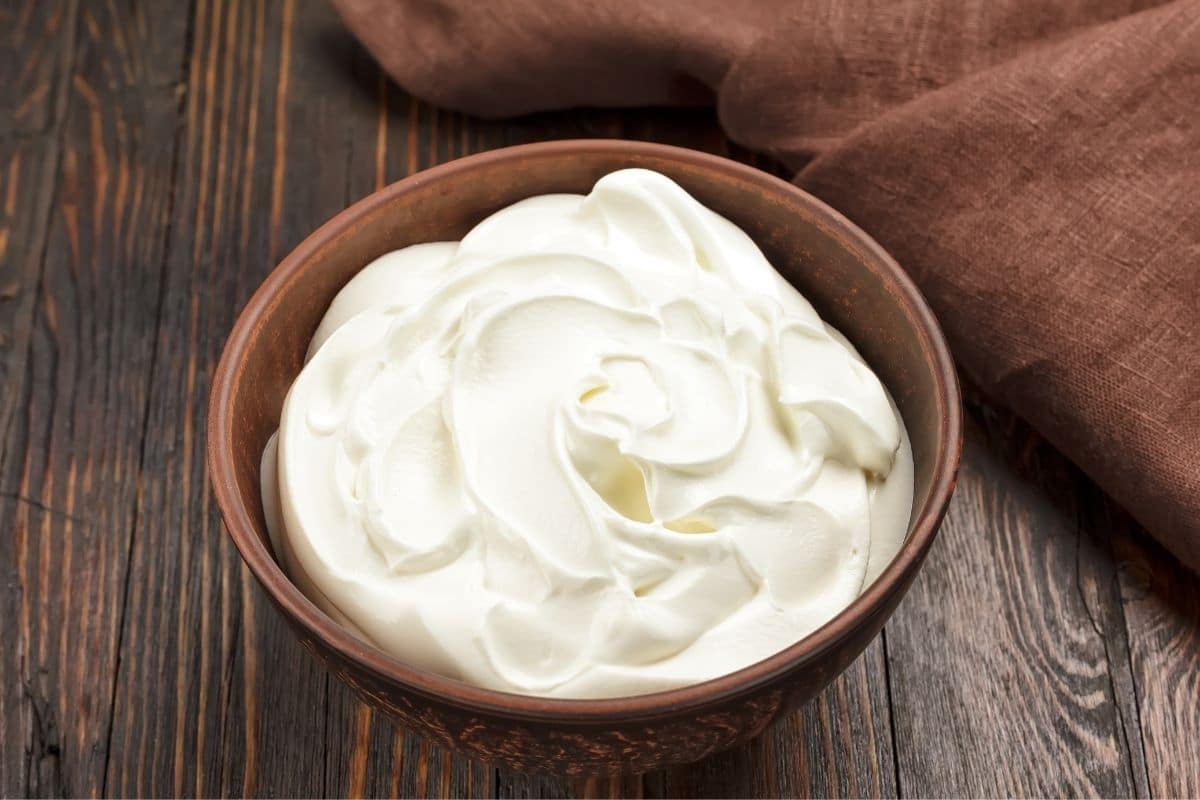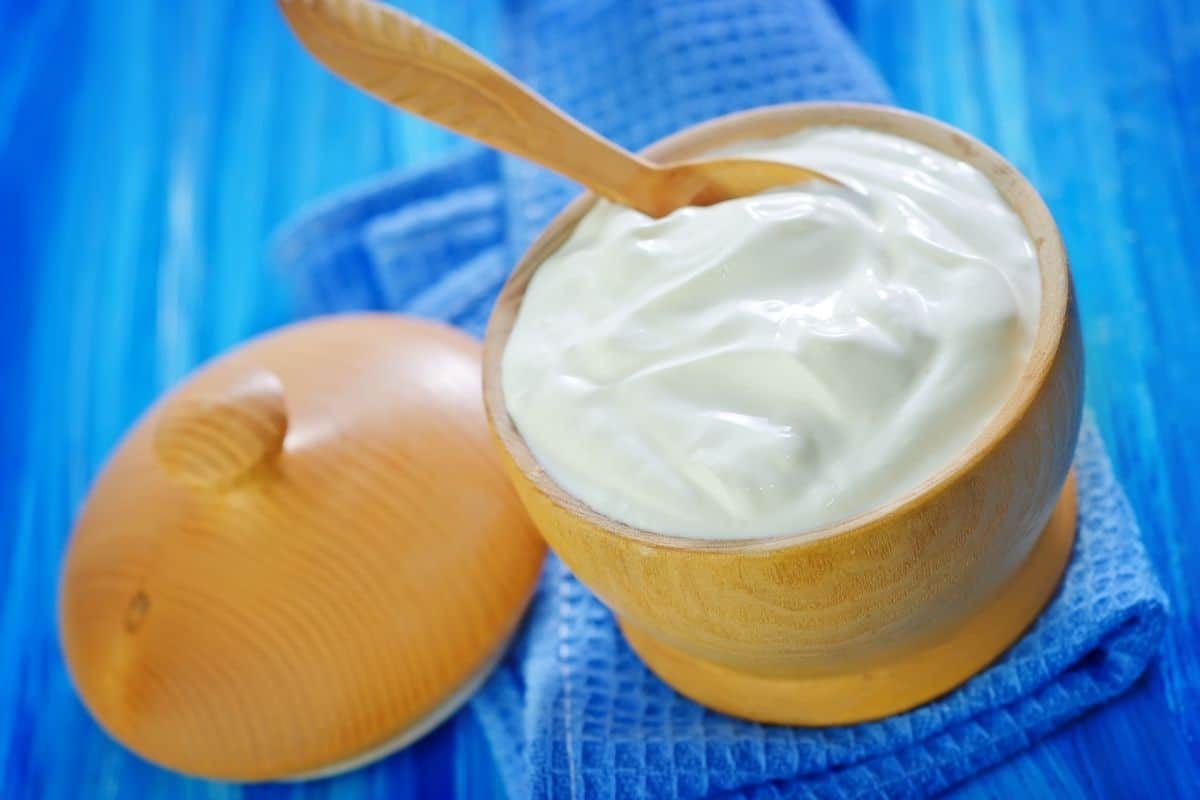
Sour cream is a versatile product that can be used in recipes and as a topper for a baked potato along with some butter and chopped bacon.
It is typically thought of as a cold item. However, have you ever needed to microwave sour cream for something and wondered how to do it and if you even can microwave sour cream?
The answer is YES; you can microwave sour cream. Read on to learn more.
Sour cream can be placed in the microwave to heat. Moreover, there are a few tips and important things to consider when microwaving sour cream directly from the refrigerator for recipes.
The most important thing to monitor while using the microwave is the heating process's time and intensity. All microwaves will vary on their wattage level, so make sure to adjust times and power settings to your microwave.
Remember to work in small steps so as not to overheat the sour cream. Always use caution when heating anything in the microwave!
For sour cream, it is best to bring it to room temperature before putting it in the microwave. Place the sour cream in a microwave-safe container. Start with 15 seconds per each tablespoon of sour cream needed. This is on high power.
After testing, set the microwave to 5-second intervals until the desired temperature is reached, checking in between each session. You could use a reduced power setting but stick to the same time frames.

It also matters about the fat content when microwaving sour cream. The non-fat versions of sour cream will curdle more easily when heated. The safest options are to choose full-fat or low-fat sour creams.
If you are using non-fat, reducing the microwave's power level to half-power can heat it slower and hopefully prevent it from curdling as much.
If, when done heating, you find small lumps in the sour cream, whatever the fat content, it has curdled.
Do not heat sour cream in its original container. A microwaves heat will damage many plastics. Only put plastic in a microwave if it has a microwave-safe symbol, which sour cream containers do not.
Plastic containers, when heated, can warp or melt, leaving a mess in the microwave.
If that does not happen, the plastic will still leach chemicals into the food, which is not safe.
Make sure to a proper dish when microwaving sour cream. One such example is using dishes made from glass or ceramic; just make sure they are marked "microwave safe."
Unfortunately, there are not any great substitutions of sour cream. The most common alternative is Greek yogurt.
However, it has the same properties as sour cream and will behave the same in separating or curdling.
Sources: https://www.leaf.tv/articles/how-to-heat-up-sour-cream/




